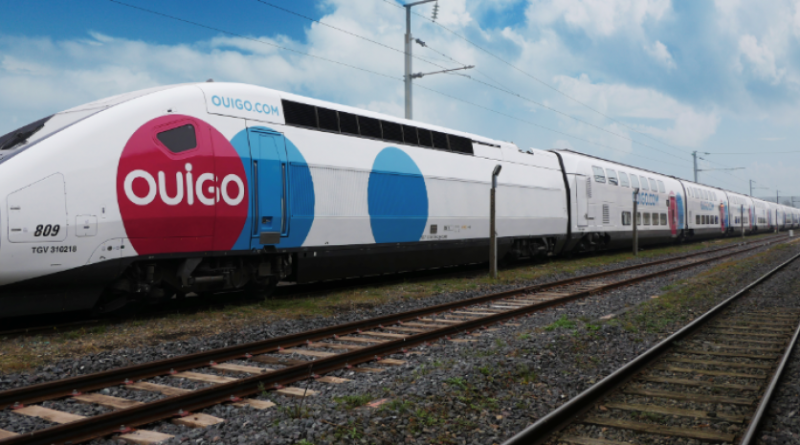Travel With Ouigo, the New Low-Cost AVE for 9€
Ouigo, the low-cost high-speed alternative to the Renfe AVE that comes from The French SNCF, will operate in Spain with offers of 9 euro trips from Barcelona to Madrid.
Following the initial campaign of 10,000 tickets at 1 euro, tickets are on sale now, and trains will travel from May 10 until December 11. The trains will connect Barcelona and Madrid, with stops in Zaragoza and Tarragona. To purchase tickets, visit the Ouigo website.
Base prices
Tickets cost from 9 euros in the first stage. This is the basic fare, which entitles you to carry-on, cabin, and holder baggage and can be booked until the day before the trip.
To attract family travellers, there is a reduced price for children. Children under three years will travel for free, and those from 4 to 13 years old will pay 5 euros, which includes carry-on baggage.
At a presentation last September, the company said prices would be 50% lower than those of the current high-speed trains.
We’ll have to pay for extras
Other benefits are available at a cost. For 9 euros more per passenger, you can choose the Plus fare, which allows you to select your seat, book an XL space, bring additional luggage and connect to onboard entertainment (movies, games, etc.).
For an extra 5 euros, you can bring additional luggage. For 7 euros more you get a flexible ticket – which allows for unlimited changes up to 30 minutes before the train departs – or for an extra 10 euros, you can travel with a pet.
Schedules
Ouigo trains connecting Madrid and Barcelona will start on May 10. There will be five daily journeys in each direction, starting from Madrid and Barcelona. Direct trips will last 2 hours and 30 minutes, while those that stop at Tarragona and Zaragosa will vary between 2 hours and 45 minutes and 2 hours and 52 minutes.
In Barcelona, the first train will depart at 6.45 and the last at 20.45. From Madrid, the first leaves at 7.05 and the last at 21.00.
Two of the journeys will be direct, two will stop only in Zaragoza, and the rest will stop in Tarragona and Zaragoza, being the trips that will take the longest, 2 hours and 52 minutes.
In the future, Valencia, Alicante, Córdoba, Seville, and Malaga will be added, explained SNCF. They will be part of the lines that connect Madrid with Andalusia and Valencia, but as yet, no dates have been given.
Trains and jobs
The 14 trains with which SNCF will operate will have a capacity for 509 passengers, an upper deck, and a cafeteria. Their deployment in Spain is expected to create around 1,300 direct and indirect jobs.

